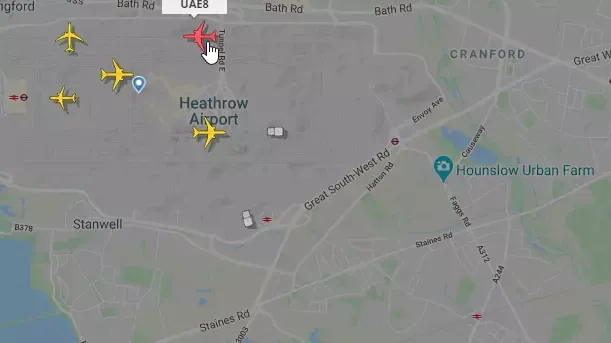Oil price
has stalled and the stagnation, coupled with gloomy outlook on many other
fronts, have left economists and analysts in limbo, as the combination of
existing knowledge and experience does not give an impetus to come up with a
solution.
Whatever the
in-depth analyses that surface in heightened frequencies to explain the crisis,
it still stems from age-old concept of demand-supply.
Although the
focus is heavily on the industrial output and vehicular transport, those who
watch the movements often overlook the factor of air transport and the demand
for jet fuel that is the main factor in it.
The above
animation shows the number of airplanes in the skies above Heathrow on Tuesday
morning – just 5 in total; two Middle Eastern airlines and one British airline.
As someone
who has been living below the flightpath near Heathrow, I used to notice an
airplane once in every two minutes in the skies before the lockdown. It’s a far
cry from what we used to notice.
This is not
just a crisis for Heathrow, one of the busiest airports in the world. All
global hubs are in the same predicament.
No wonder,
there is no sign of recovery for the demand of jet fuel. That means the entire
industry that is engaged in transportation and sale has been forced to stare
into a scary abyss.







